ECB Executive Board member Yves Mersch said in an interview that the second coronavirus lockdown in European has been “much less growth-damaging and much more targeted “. Still there is an “increase in fragmentation”, with divergence between services and manufacturing sectors. Some countries are more exposed to the pandemic consequences.
Overall, it’s “difficult to maintain positive growth going into the fourth quarter”. Germany might achieve it but others not. But it’s “premature to conclude that will last into next year with consecutive quarters of negative growth.
On ECB’s policies, Mersch said recalibration could be rectification, “simply an extension “on the time axis” or “of the volume or the intensity”. A second approach is “more targeted, or more focused, or on the contrary consider now untested instruments, a theoretical possibility in an all encompassing discussion.”
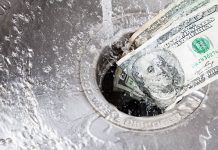



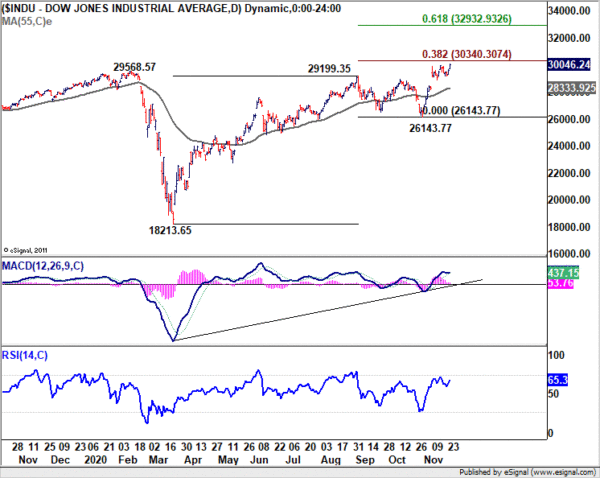
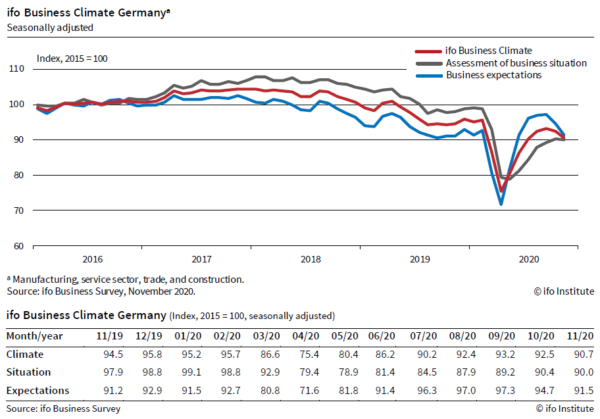
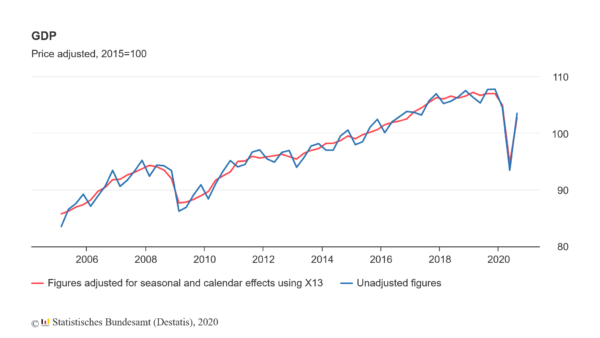
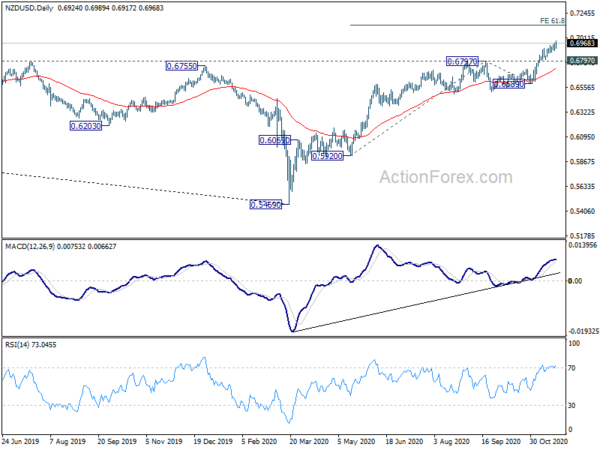
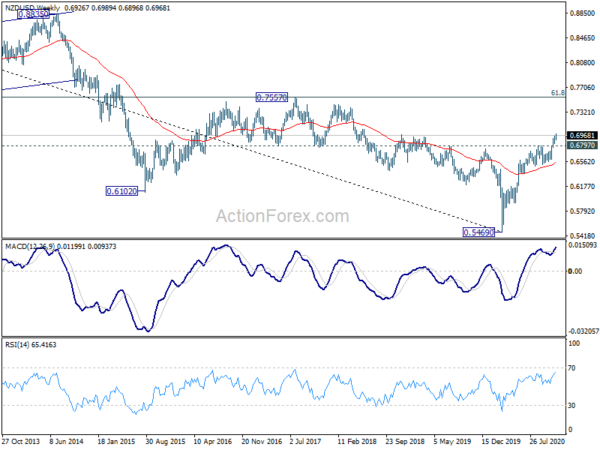
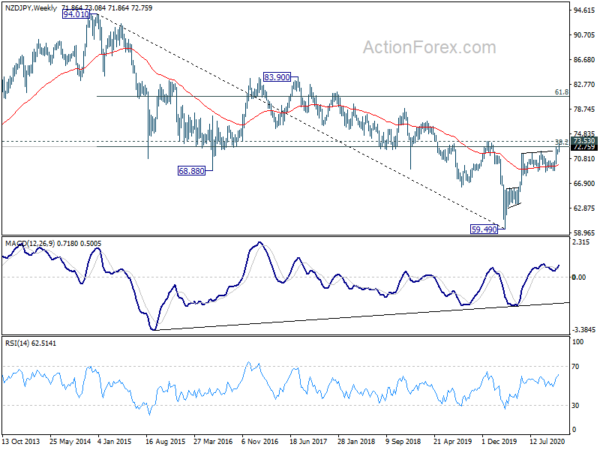
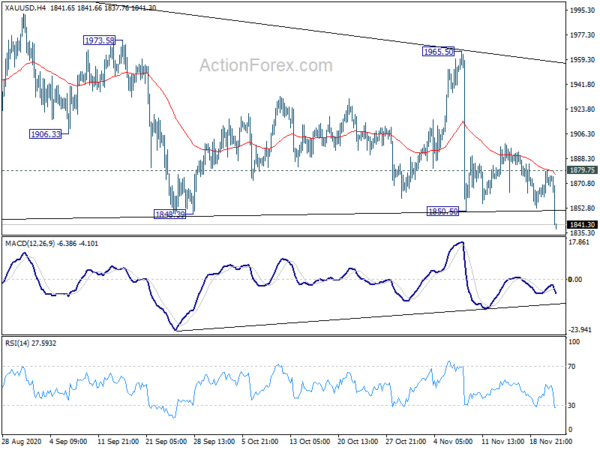
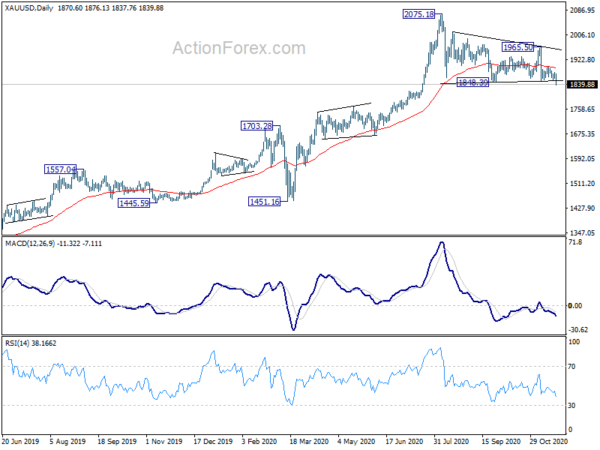
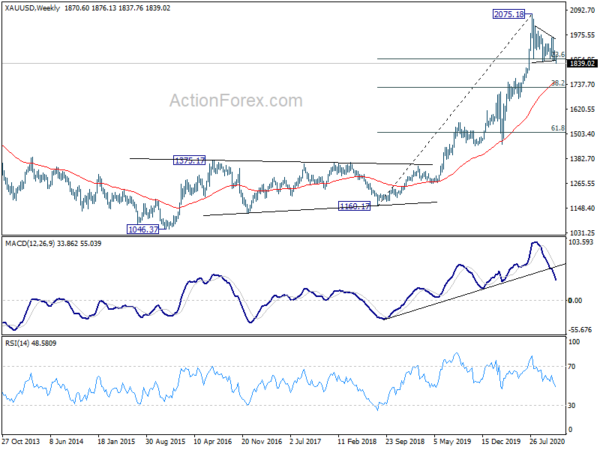
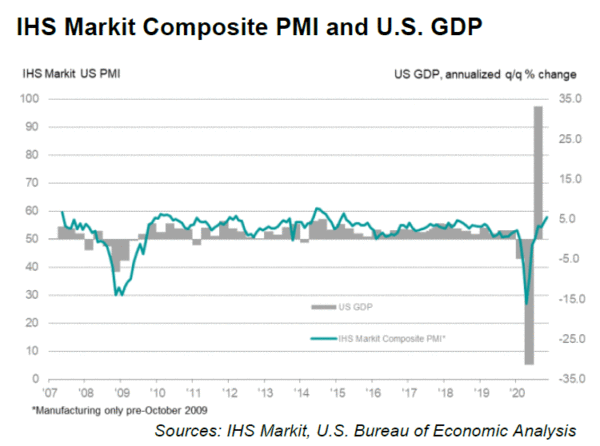
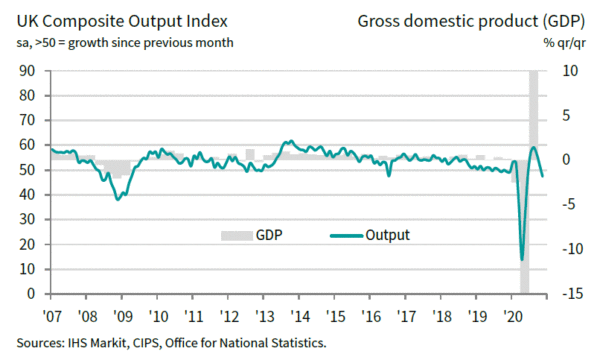
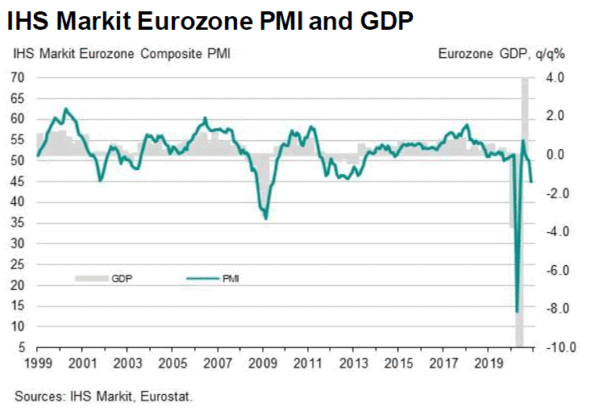
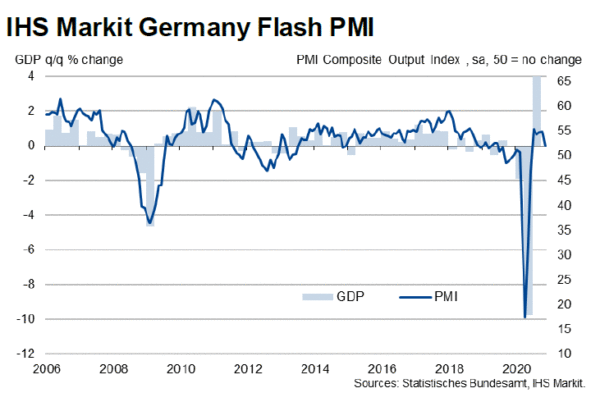

EU von der Leyen: Well prepared for a no-deal Brexit scenario
European Commission president Ursula von der Leyen said there were “genuine progress” in post-Brexit negotiations with the UK. She emphasized that “the next days are going to be decisive,” on whether a deal could be clinched.
“With very little time ahead of us, we will do all in our power to reach an agreement. We are ready to be creative. But we are not ready to put into question the integrity of our single market,” she added.
“We need to establish robust mechanisms, ensuring that competition is – and remains – free and fair over time. In the discussions about state aid, we still have serious issues, for instance when it comes to enforcement,” said von der Leyen.
She also reiterated, “the European Union is well prepared for a no-deal-scenario, but of course we prefer to have an agreement.”